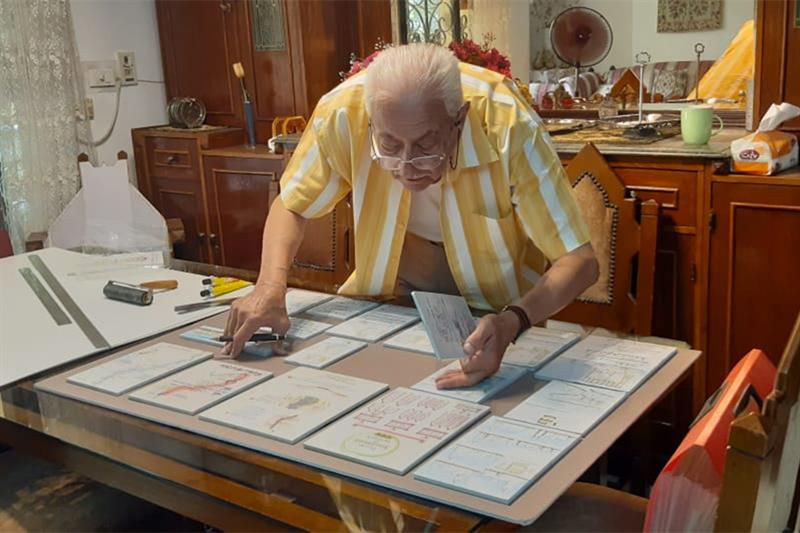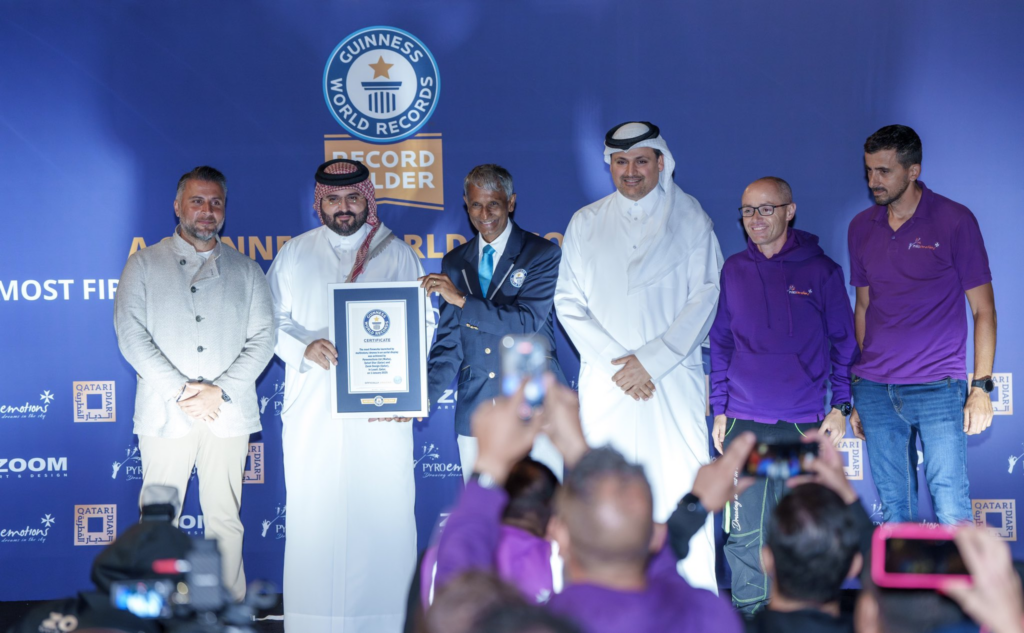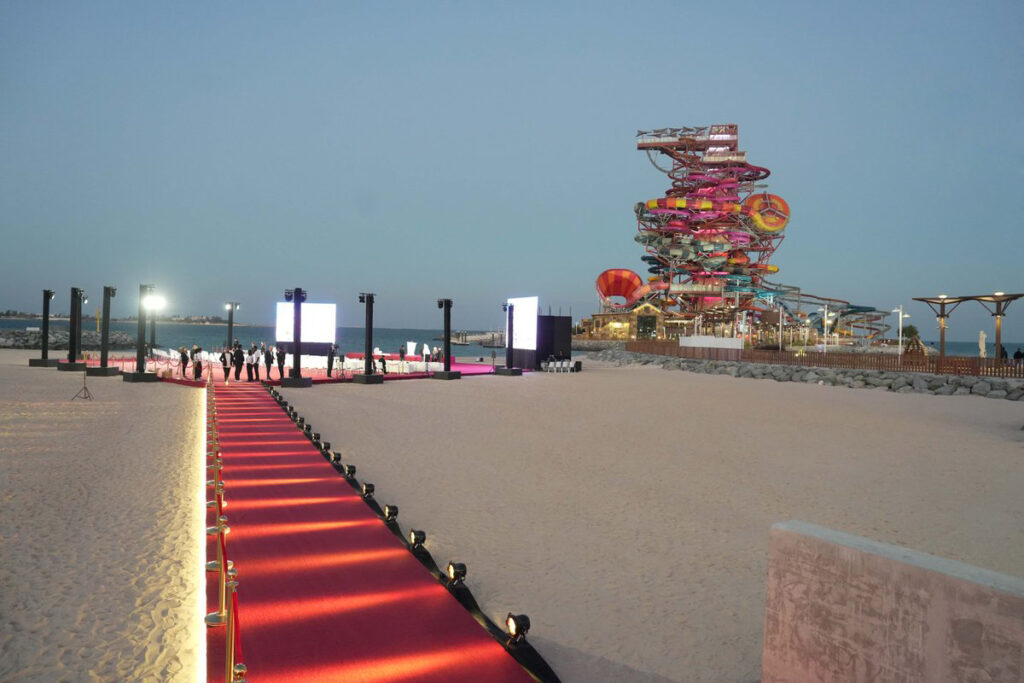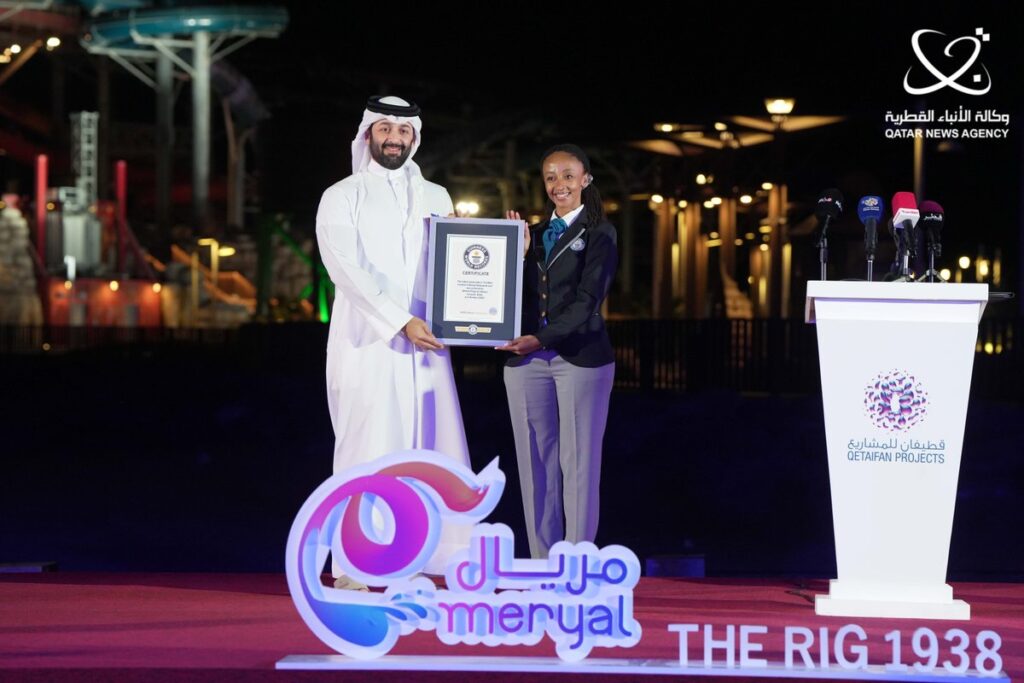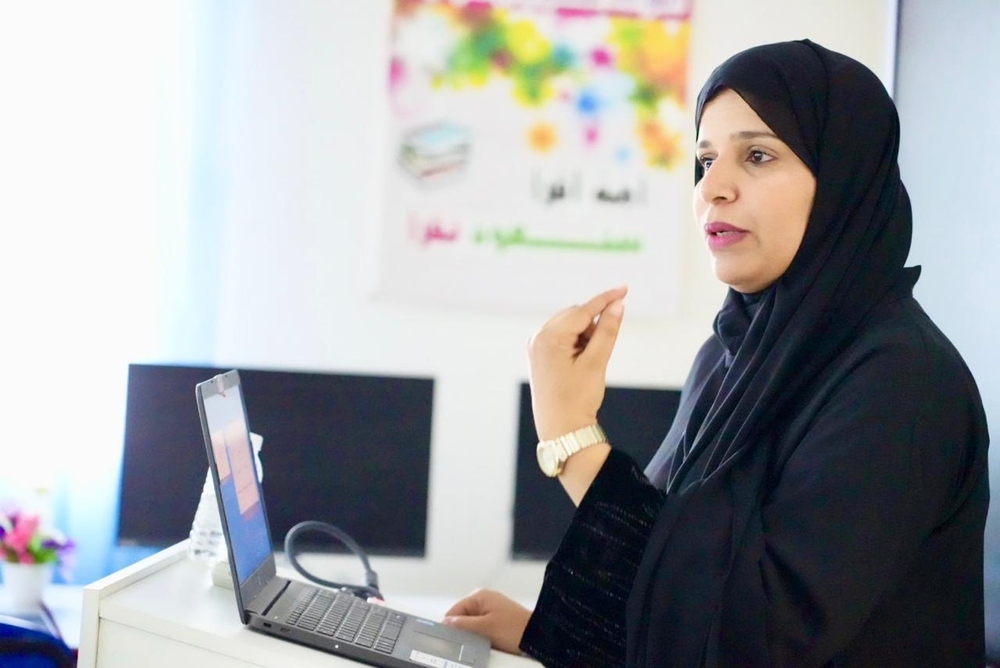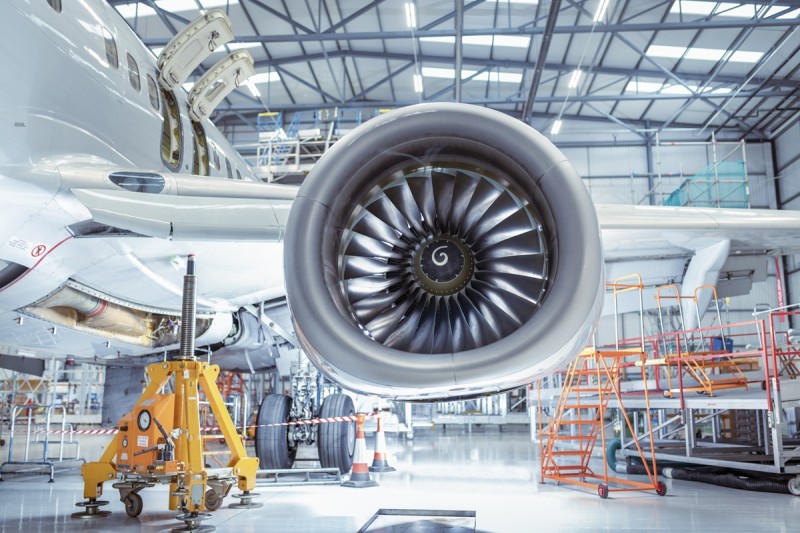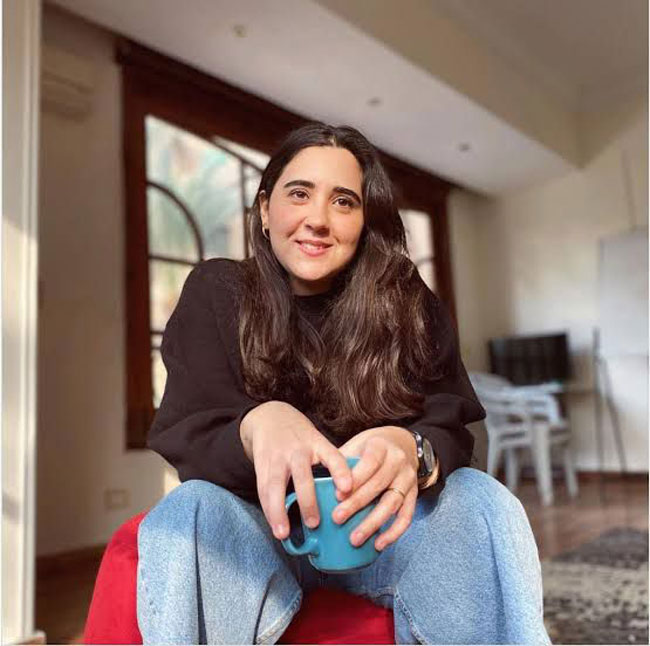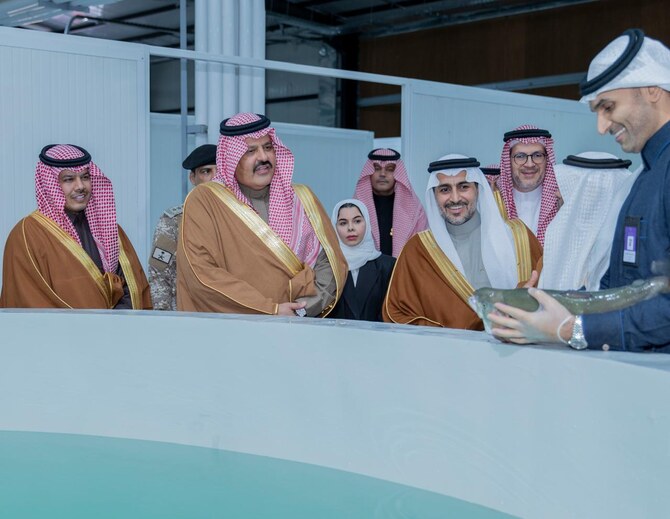The 1 Billion Followers Summit, the world’s first and largest event dedicated to shaping the content creator economy, organised by the UAE Government Media Office, will convene over 125 prominent CEOs from major global firms, as it returns for its third edition, organised by the UAE Government Media Office and hosted in the UAE from 11 to 13 January 2025 at Dubai’s Emirates Towers, DIFC and the Museum of the Future, under the theme “Content for Good.”
These CEOs will join a prestigious lineup of content creators and influencers from around the world, sharing their expertise during panels, interactive discussions, workshops and roundtables. These sessions will explore the latest trends in business, economy, investment, and content creation, empowering aspiring talents and fostering innovation within the industry.
The list of speakers at the third edition of the 1 Billion Followers Summit include Maye Musk, mother of Elon Musk, the world’s richest man. A 76-year-old millionaire and model, Musk’s career began in 1969 as a Miss South Africa finalist. She became a prominent model, representing numerous major brands, and continues to work today. Despite her busy schedule, she earned two degrees in dietetics and nutritional science and founded her own nutrition company.
Musk, who enjoys an active social media presence with over 3.35 million followers, will share her parenting journey at the 1 Billion Followers Summit, discussing how she raised three children, including Elon, and the parenting style that contributed to his success.
Leading Egyptian businessman and global entrepreneur Naguib Sawiris, who has over 10.6 million social media followers, will share his insights at the Summit. He leads global companies in various sectors, including mining, real estate, financial services, telecom, investment, and media.
Naguib Sawiris is the owner of Orascom Telecom, launched the first mobile network in North Korea in 2008 and founded ONTV network. He also owns 88% of EuroNews shares, and is the founder of Egypt’s El Gouna Film Festival.
Andre Le Masurier, Senior Director and Global Head of brand and Creative at Skyscanner, will share his experience of over 20 years in brand vision, marketing and product design, as he held leadership roles in leading companies and contributed award-winning work that spanned major brands.
Andrew Graham, Head of Digital Corporate Advisory & Partnerships at the Creative Artists Agency (CAA), will share his experience in cultivating and monetizing digital-native talent, and his work in developing digital strategies for A-list celebrities.
Ben Relles, who leads Content Strategy at the Office of entrepreneur and LinkedIn Co-founder Reid Hoffman, will address the topic of AI and its utilization in social media content creation.
Cayman Rojas, Community Manager at LinkedIn, will discuss how he works with, and supports prominent voices on the platform. He works closely with influencers with an outsized impact on the community, from CEOs and content creators to musicians, actors, and celebrities.
Joining the speakers lineup is Chris Williams, who founded and leads Pocket Watch, a studio specializing in kids and family entertainment through digital-first content and lifestyle products. Williams will share his experience of 20 years in developing online video content.
Emma Harman, President, EMEA at Whalar Group, will share her experience of over 25 years blending entertainment, music, and social marketing, and applying this experience in brand-talent collaborations. Harman will also highlight the importance of impactful content and supporting the Creator growth Economy.
Grigory Lavrov, VP Marketing, Local Brands & Franchise Management in CEE & MENAT at Warner Bros. Discovery, is also speaking at the Summit. In addition to his publishing experience, Lavrov oversees brands like TLC, DMAX, and Fatafeat.
Kate Ward & Zach Honarvar will share their experience as Founders of Creator Now, a platform that aims to build a film school reimagined for creators to help the next generation turn their creative passions into a full-time career.
The list includes Lewis Crosbie, Co-founder and CEO of Komi, which is a software platform and “one-stop-shop” for creators, bringing features found on Shopify, Patreon, and Linktree into one place to help creators engage with their fans around the world.
Paul Bakaus, Executive Vice President of Product and Creator Tools at Spotter, will showcase the platform’s efforts in empowering content creators everywhere to accelerate their workflow and unlock their creative potential.
Also joining the lineup of prominent speakers at the Summit are Brittany Brown, Director of Digital Communications & Strategy at NASA, sharing insights into impactful visual storytelling; Aliana Miller, Director of Influencer Marketing at Roblox, discussing strategies for building authentic creator relationships and achieving record-breaking results; Elise Swopes, Sr. Adobe Express Evangelist & Community, offering her perspective on mobile creativity and the intersection of art and technology; Sherry Wong, CEO at Roster, focusing on building strong support teams for creators; Ahad Khan, CEO at Kajabi, sharing insights into scaling online businesses using creator-focused platforms; and Jonathan Chanti, President of Talent at Viral Nation & CGO of Viral Nation Group, who will share insights into leveraging data-driven strategies and emerging technologies for influencer collaborations and brand growth.
source/content: wam.ae (headline edited)
___________

____________________________________________
UNITED ARAB EMIRATES (U.A.E)
